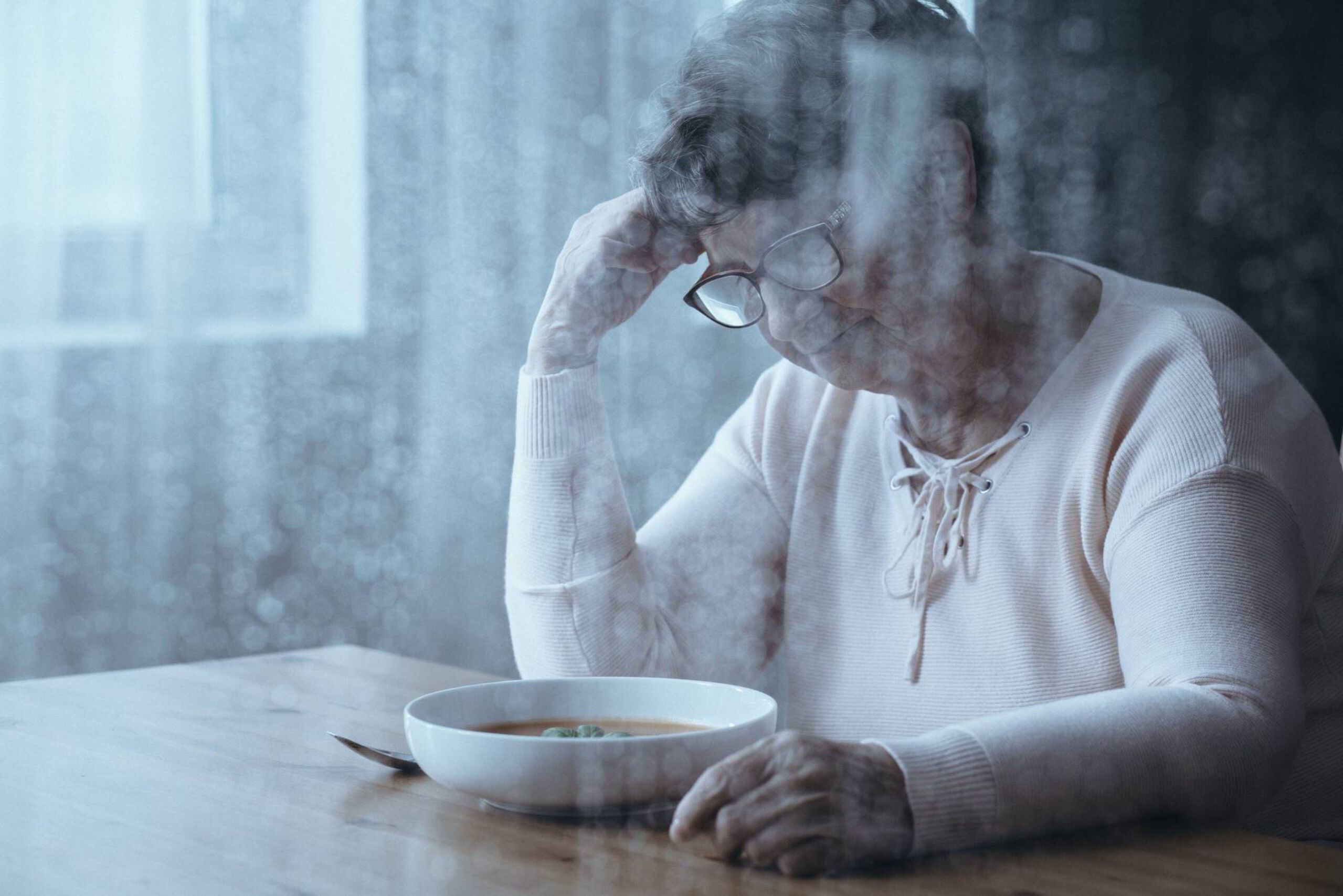Ways the New COVID-19 Relief Law Will, and Won't, Help Older Americans
One little-known provision: landmark funding to curb elder abuse and assist victims
During a graduate course I taught this fall for Virginia Tech, I presented a basic reality of the legislative process in Washington, D.C.: it often goes from the perfect to the possible to the passable. The new COVID-19 relief law is a perfect illustration, especially for older Americans.

In October 2020, the House of Representatives passed a bill which would have provided about $2.2 trillion in emergency aid. For aging services programs, it constituted "the perfect," with $1.175 billion allocated to elder justice programs, housing assistance, government nutrition benefits, nursing home strike teams and more.
Last month, a bipartisan group of senators unveiled their $908 billion proposal — "the possible." The final COVID-19 relief law ($935 billion), eventually signed by President Trump, became "the passable."
That final legislation turned out to be a mixed bag for aging services programs. On the positive side: landmark funding to curb elder abuse. The biggest shortcoming: adequate funding for aging services programs in the package and for programs left out of it.
The Good News in the COVID-19 Relief Law
Let's start with the good news. There was $100 million in emergency funding for elder justice programs, including the biggest amount of federal money ever to support state Adult Protective Services (APS) programs focused on preventing elder abuse and protecting victims — at least $50 million.
"We are thrilled that Congress has at long last dedicated funding to supporting APS [Adult Protective Services] workers on the front lines."
That could be a huge help during the pandemic, a time when elder abuse has reportedly been rising.
In Next Avenue's article last year, "Like Domestic Abuse, Elder Abuse Appears to Be Climbing Too," Bonnie Brandl, founder and director of the National Clearinghouse on Abuse in Later Life, said: "Abusers are using the threat of the virus and the isolation to provide misinformation to people." The pandemic, writer Grace Birnstengel said, "which fundamentally already disproportionately impacts older people, has an added layer of making older populations extra vulnerable to neglect, abandonment and abuse financially, emotionally, sexually and physically."
"The need is dire," said Lori Delagrammatikas, executive director of the National Adult Protective Services Association. "We are thrilled that Congress has at long last dedicated funding to supporting APS workers on the front lines."
Delagrammatikas expects some of the new funding will help provide reliable data on the occurrence of elder abuse in the pandemic. And Bill Benson, NAPSA's senior policy adviser, noted that money for services to victims after APS investigations, such as meals and in-home care or alternative living arrangements, can help stop and prevent further abuse."
Other favorable parts of the legislation for older Americans: a Special Enrollment Period for enrolling in Medicare Parts A and B in times of disasters and a variety of improvements to health care for older residents of rural communities.
The law also now requires state Medicaid programs cover non-emergency medical transportation, especially for medical appointments. And, starting in 2022, there will be new protections against surprise medical bills, establishing a process for resolving out-of-network bill disputes.
The Downsides of the COVID-19 Relief Law
Now to the downsides of the COVID-19 relief law for older Americans:
Funding for Older Americans Act (OAA) programs was slashed from $1 billion to $175 million. What's more, all of that funding will go to nutrition programs such as home-delivered meals, rather than a larger array of services and supports.
The National Association of Area Agencies on Aging noted it also didn't include resources to let more older adults and people with disabilities receive home and community-based services through Medicaid.
Plus, the new law's failure to include funding for state and local governments will exacerbate pressures already felt by aging programs relying on this funding and the ability of states to provide adequate COVID-19 vaccination programs for people 60 and older.
Some Democrats in Congress referred to the legislation as a "down payment" on a larger package which may be the first bill Joe Biden signs as President, however.
Advocates for older adults are already hard at work in preparation for that possibility, canvassing members to see how demand for their services has grown lately. Some areas of the country have seen triple-digit percentage increases in the number of home-delivered meals compared to before the pandemic.
Also important for the next COVID-19 relief bill: the need for nutrition service provider staff at groups like Meals on Wheels, and the older adults they serve, to get priority in receiving the COVID-19 vaccine.

